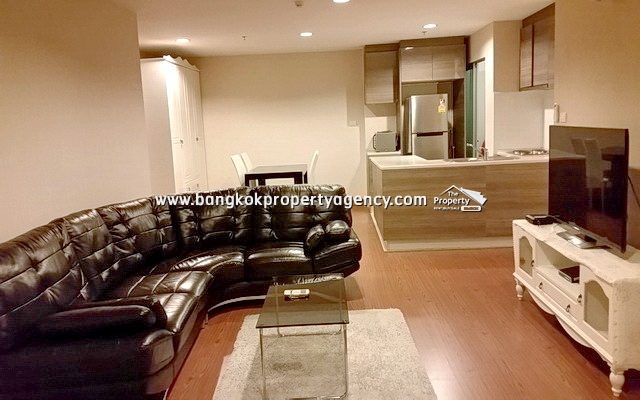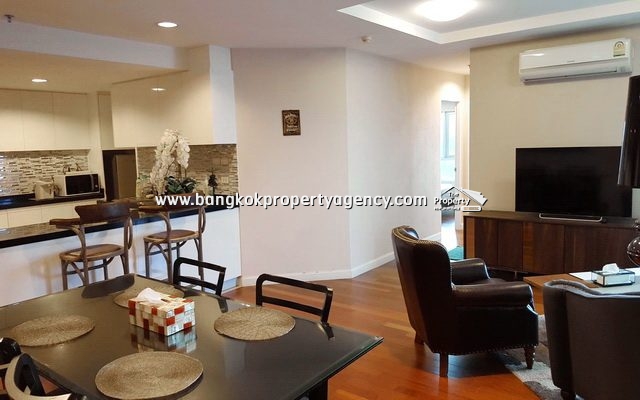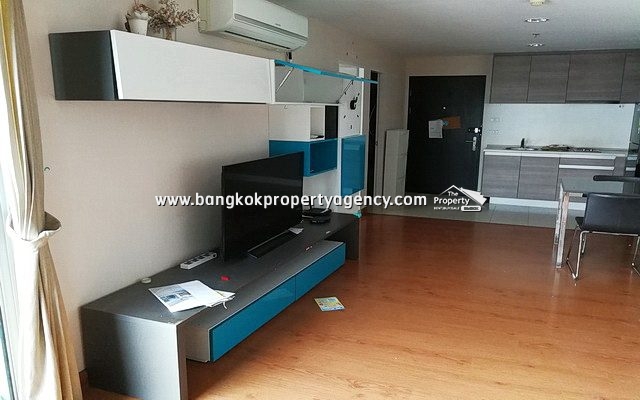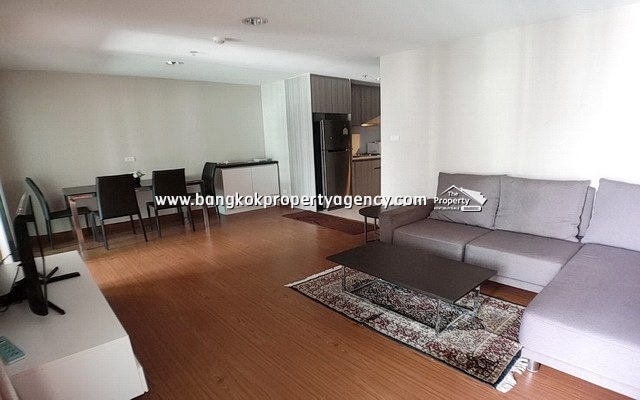In Thailand it is very easy for foreigners to own a condominium. There are a few conditions set by the Thai authorities:
- Foreigners cannot own more than 49% of the saleable space in the condominium building.
- Funds for condominium purchase, and associated Land Department taxes, should normally be remitted from abroad by SWIFT transfer to the purchaser’s Thai bank account.
- The receiving Thai bank will issue a Foreign Exchange Transaction (FET) Form confirming the funds received were transferred for the purpose of condominium purchase.
The Land Department normally requires sight of the FET Form to deal with ownership transfer. The certificate of ownership will be given to the new owner of the condominium once the ownership transfer process has been completed. This usually happens the same day.
Under Thai law a foreigner cannot own land in their own name, but it is possible by being a 49% shareholder in a Thai limited company and sole director. Any person can register any type of building in their own name. A foreigner can therefore own a building on land and may register ownership at the local district Land Office.
It is clearly stated under Thai law that foreigner cannot own freehold land except under the following conditions:
- Becoming a Thai resident/citizen.
- Receiving an inheritance. The total area (including the land which has or has not been acquired) must not be more than 1 rai (1,600 sqm) and used for residential purposes.
- Bringing not less than 40 million baht into Thailand for investment (being the amount as prescribed in the Ministerial Regulation) and the land to be acquired must not over 1 rai (1,600 sqm) and used for residential purposes.
- Acquisition of land under other laws such as the Promotion of Investment Act, B.E. 2520 (1977), the Industrial Estate Authority of Thailand Act, B.E. 2522 (1979), the Petroleum Act, B.E. 2514 (1971).
- A foreigner can have a 30 year lease with a prepaid option to renew a further two times for 30 years on each renewal.
- Usufruct Interest, which is limited to a 30 year maximum period with an option to renew, allows a foreigner temporary ownership rights to things on or arising from the land. Usufruct interests expire upon death of the holder and cannot be inherited, but they can be sold or transferred.
Any company with more than 40% foreign interest that buys land will be investigated by the Central Land Office in Bangkok to assure that the company has not been established in an attempt to avoid the prohibition against foreign ownership of land.
Banks in Thailand will not lend to foreigners directly for property purchase. However, most Thai financial institutions will provide loans for property purchasing to Thais and Thai registered companies. Some Thai banks provide mortgage finance for property purchase by a foreigner through an overseas subsidiary, but normally require the foreigner to hold a work permit.
In most development projects a down payment/installment programme can be arranged, and at the end of that period the sale/purchase contract will be signed. The buyer can then approach a Bank for mortgage finance for the remaining balance due under the contract, but more often the developer will arrange a financing package through a financial institution. The property will be held by the lender as security for the duration of the loan.
There are 4 main types of land titles in Thailand. It is essential to bear in mind that with title deeds other than Chanote, is not possible to register leases against the land (or usufructs, mortgages or superficies) in order to gain or encumbrance.
FREEHOLD TITLE DEED (CHANOTE OR NOR SOR 4)
This is the best type of land title deed to hold in Thailand, and grants the holder of this document full rights over the land.
NOR SOR 3 GOR
This title relates to land that is awaiting a full title deed (Chanote). The land is measured by the Land Department and has its boundaries defined. This type of land may be sold, transferred or mortgaged in the same way as a full title deed (Chanote), as long as it is ready to be transferred to a full title deed. In order to change the title to a Chanote, the owner of the land needs to file a petition at the Land Department requesting a change to full title deed (Chanote), and the Land Department may do so if there is no opposition against the petition.
NOR SOR 3
The difference between this type of land title deed and Nor Sor 3 Gor is that land with Nor Sor 3 title has never been measured by the Land Department and hence has no exact boundaries. However, the Nor Sor 3 title may later be changed to a Nor Sor 3 Gor title, then changed again to a full title title deed (Chanote) in the future.
POSSESSORY RIGHT
This type of title deed is least recommended. Land with a possessory right has never been substantiated by the Land Department, and is only recognised by tax payments at the Local Administrative Office.


 2
2  1
1 




